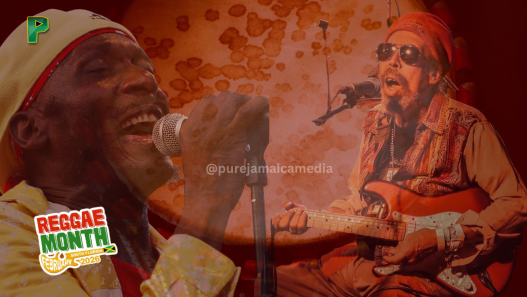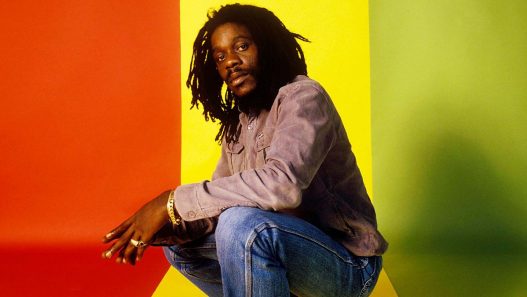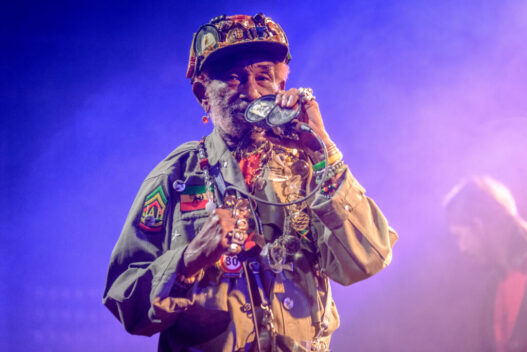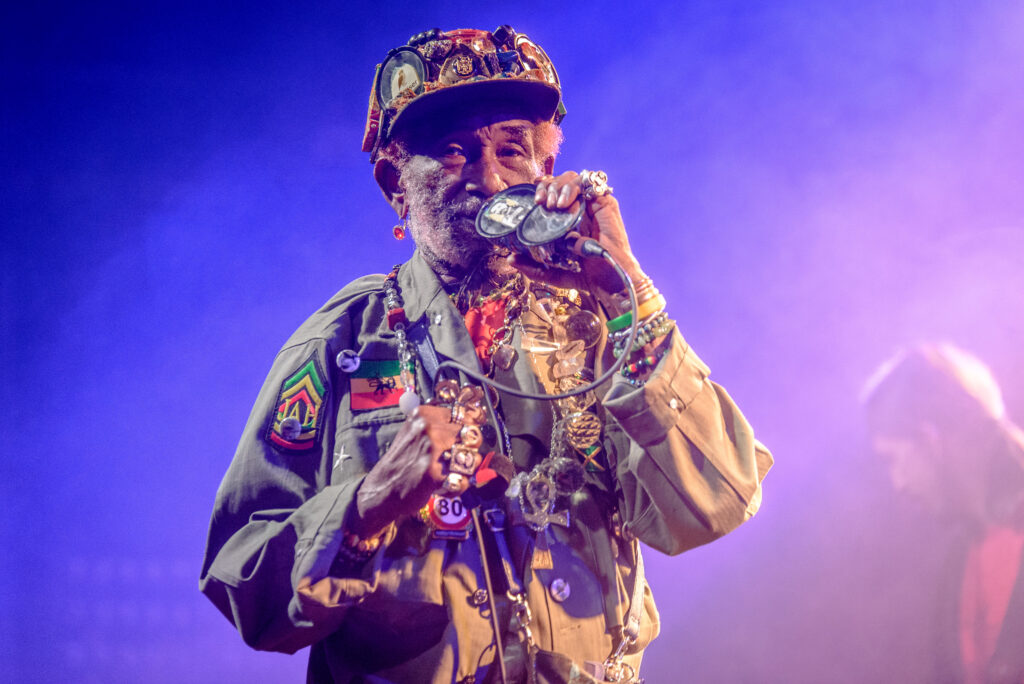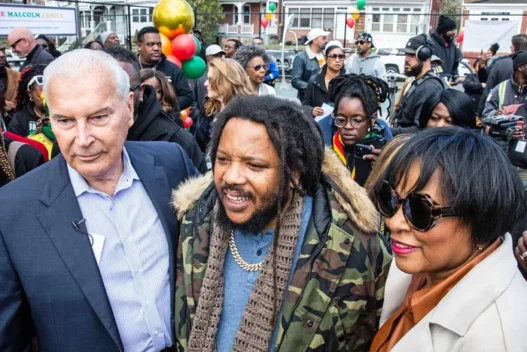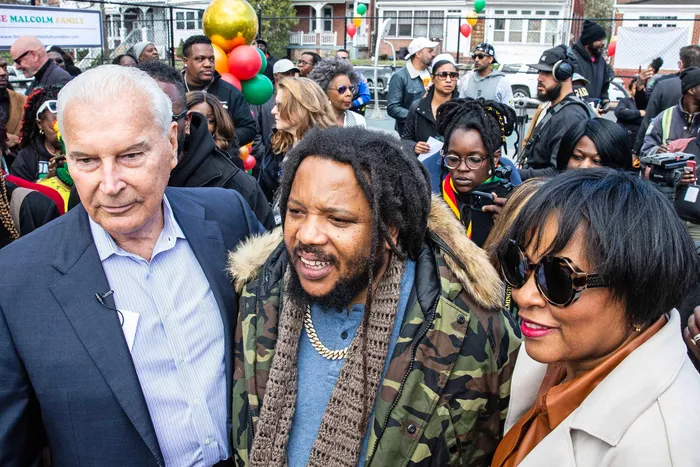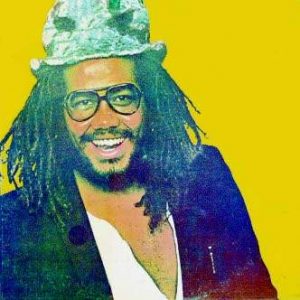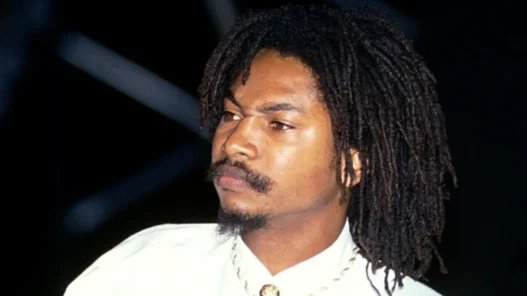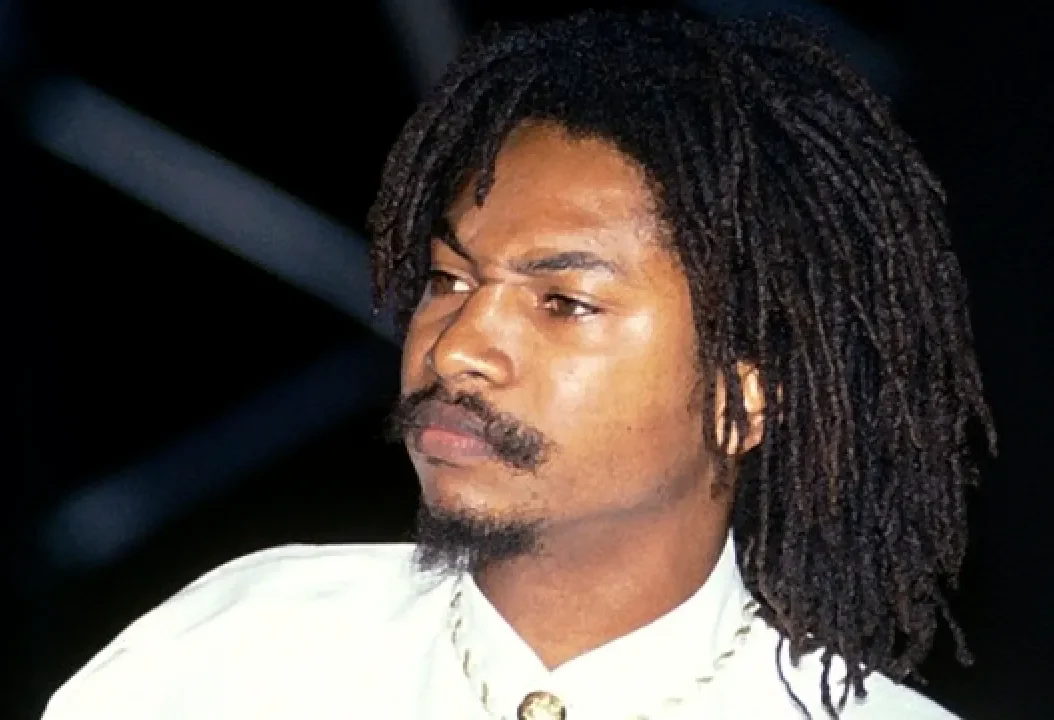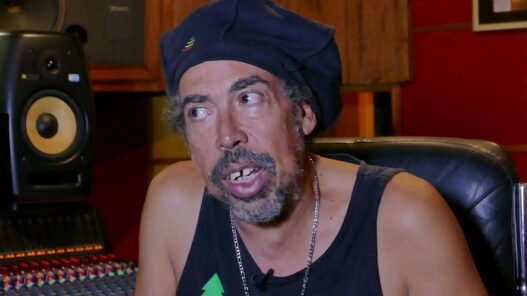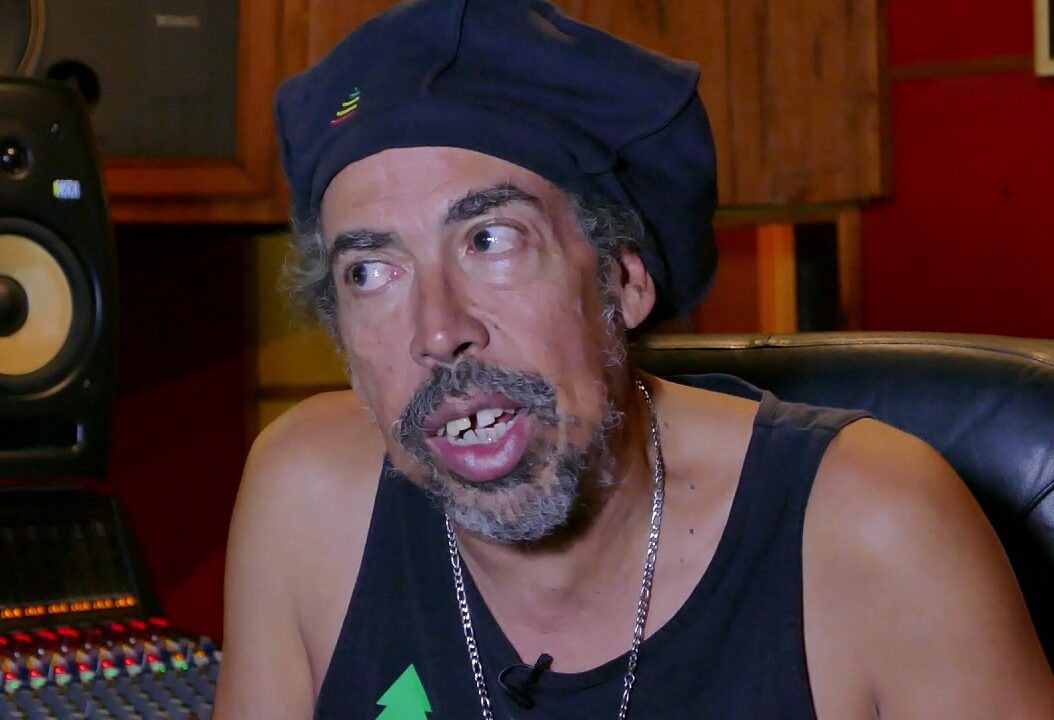Lee “Scratch” Perry OD, born Rainford Hugh Perry on March 20, 1936, was a Jamaican record producer, composer, and singer who made significant contributions to the music industry. Known for his innovative studio techniques and production style, Perry played a pivotal role in the development of dub music in the 1970s. He was an early adopter of remixing and studio effects, which allowed him to create new instrumental or vocal versions of existing reggae tracks.
Perry’s career was marked by his collaborations with a wide range of artists, including Bob Marley and the Wailers, Junior Murvin, The Congos, Max Romeo, and many others. His ability to create a unique sound and his influential production style earned him a reputation as a pioneer in the music industry.
Born in Kendal, Jamaica, Perry was the third child of Ina Davis and Henry Perry. His mother, who had strong African traditions from her Yoruba ancestry, passed on her cultural heritage to him. Perry’s parents were laborers, but his father later became a professional dancer.
At the age of 15, Perry left school and lived in Hanover, where he indulged in playing dominoes and living life on his own terms. He eventually found himself in Clarendon, where he immersed himself in the dance and music scene. It was during this time that he earned the nickname “The Neat Little Thing.” Perry’s mystical connection to stones led him to move to Kingston, where he apprenticed at Studio One.
In 1973, Perry built his own studio in his backyard, called the Black Ark, to have more control over his productions. This studio became the birthplace of many notable musicians and albums, including Bob Marley and the Wailers, Junior Byles, Junior Murvin, the Heptones, the Congos, and Max Romeo. Perry also started the Black Ark label, which showcased the productions from his studio. With his own studio, Perry’s productions became more elaborate, as he had the freedom to spend as much time as he wanted on the music. Despite using basic recording equipment, Perry’s sonic wizardry made his recordings sound unique and captivating.
However, by 1978, the Black Ark and Perry himself fell into disrepair due to stress and unwanted influences. Perry claimed that he burned down the studio in a fit of rage. After the demise of the Black Ark, Perry spent time in England and the United States, performing live and making records with various collaborators.
Perry’s career took a new direction in the late 1980s when he began working with British producers Adrian Sherwood and Mad Professor. This collaboration helped revive Perry’s career, and he attributed his creative resurgence to quitting drinking alcohol and smoking cannabis. Perry realized that it was his talent and not substances that fueled his music.
Over the years, Perry continued to make significant contributions to the music industry. He won a Grammy for Best Reggae Album in 2003 with “Jamaican E.T.” and was ranked number 100 on Rolling Stone’s list of the 100 Greatest Artists of All Time in 2004. Perry collaborated with various artists and producers, including the Beastie Boys, the Orb, and Bill Laswell.
Perry’s legacy lives on, and his influence on reggae and dub music is undeniable. His unique sound and production style continue to inspire musicians and producers worldwide. Lee “Scratch” Perry’s contributions to the music industry will forever be remembered, and his impact on the genre will continue to resonate for generations to come.
For more information and updates on Lee “Scratch” Perry and the world of reggae music, visit www.purejamaicamedia.com.






